POLICY PRIORITIES
Ensure access to affordable, culturally-appropriate food for all people
SUMMARY
One in six households in RI is experiencing food insecurity, a number that is double what it was before the COVID-19 pandemic. That percentage rises to one four for households with children, and is higher for families of color (RI Community Food Bank 2021). Rising food prices due to inflation and higher fuel costs mean that food security will remain a pervasive issue for our state in the coming decade.
Food insecurity affects all aspects of an individual’s life, from academic performance to mental health to incidence of chronic disease (Weinfield et al. 2014). Therefore, solutions to food insecurity need to be multi targeted as well. Ensuring that all Rhode Islanders have access to healthy, culturally-relevant and nourishing food is a top priority. Providing access to high quality nutrition at every life stage is critical, and can be accomplished by supporting food justice initiatives such as urban farms, universal school meals, and combining healthcare with nutrition security across our state.
Rhode Island has a robust network of food access providers, but long term partnerships and investment are needed to improve the coordination and communication between the different sectors. With proper investment and policies, there are significant opportunities to invest in a food security infrastructure that supports both the immediate needs of vulnerable populations in our state as well as improve the long term resiliency of our food system for all Rhode Islanders.
POLICY SOLUTIONS
- Invest in food security infrastructure and programs in our state that prioritizes access to fresh, local, nourishing food including programs such as vegetable prescription programs, Hope’s Harvest, and Nourish Our Neighbors.
- Prioritize policies that improve the food delivery infrastructure for individuals without access to transportation including single parents and older adults.
- Support healthy nutrition retail incentives in retail settings vending culturally appropriate food that allow for SNAP participants to receive discounted fresh fruits and vegetables
- Support programs and policies that advance food sovereignty in the state, such as community gardens and small scale food businesses.
- Support the recommendations of the state’s food strategy, Relish Rhody, related to food access
Support programs that allow individuals without proof of citizenship to access fresh, healthy food - Support the local foodbank to use its infrastructure and connections to support a farm-to-community supply chain that decreases costs of goods due to scale and volume, pays farmers a fair price, and makes food available in the communities at affordable, accessible prices.
For More Information
- Research Paper: Household Food Insecurity is Associated with Adult Health Status
- Research Paper: Food Insecurity, Psychosocial Health and Academic Performance among College and University Students in Georgia, USA
- Learn more about the Hunger Elimination Task Force and sign up for the monthly RI Food Access Bulletin
- Review the RI Community Food Bank’s Status Report on Hunger

